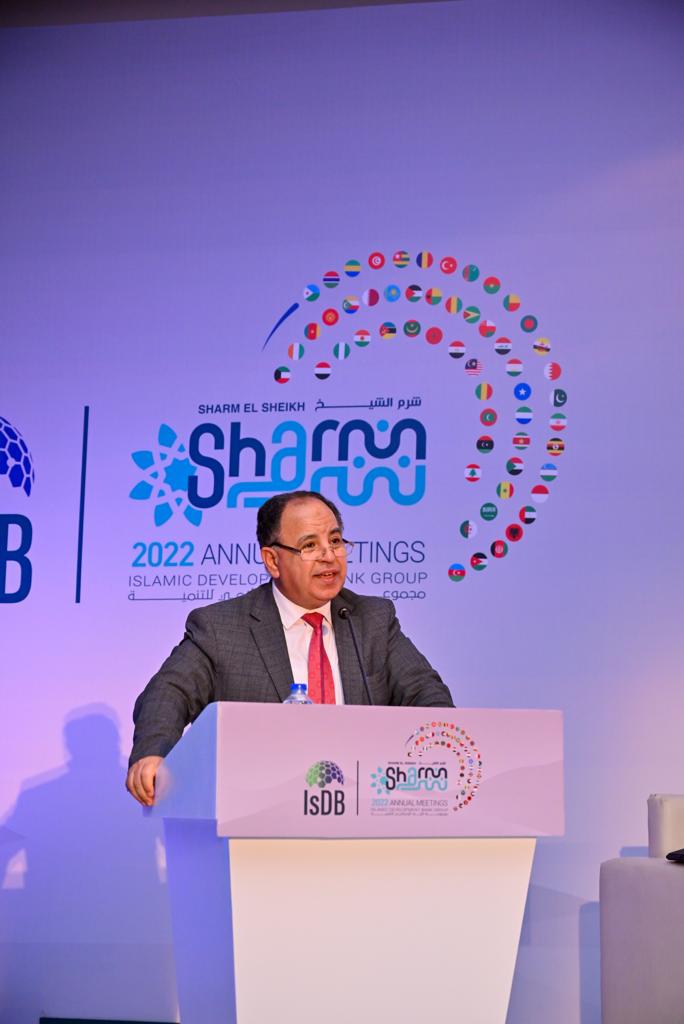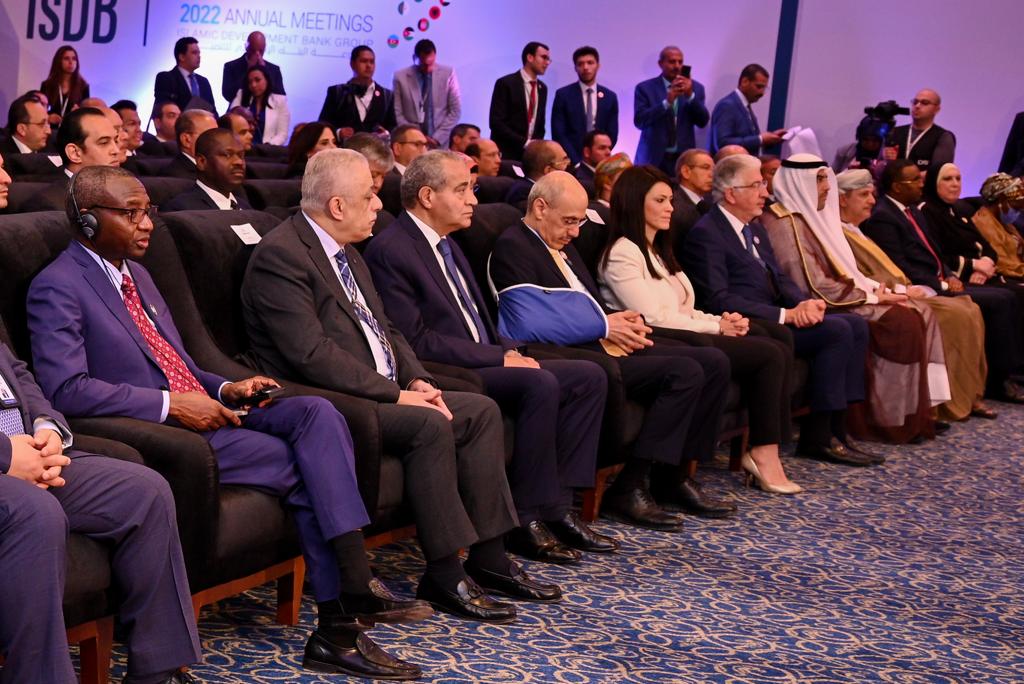We witnessed four days of strategic discussions at the 47th ISDB Annual Meetings from the 1st to the 4th of June in Sharm El Sheikh under the theme of “Beyond Recovery: Resilience & Sustainability.”
The meeting was very fruitful and strongly emphasized the importance of a green transition and continued support for the private sector’s rising role in the economy.
There were several promising outcomes from the meeting which we’d like to highlight.
- Egypt and the ISDB group launched the Partners Coalition of Green Transitions to urge other businesses to join the green transition in accordance with Egypt’s national development goals. This coalition includes leading Egyptian enterprises in the domains of energy, transportation, waste and energy recycling, real estate development, and sustainable financing,
- Egypt earned a potential USD 3.5 billion in new financing. This includes a potential USD 500 million World Bank programme to buy, store, and cultivate more wheat. Additionally, it secured USD 3 billion for food and energy imports in additional credit from the International Islamic Trade Finance Corporation (ITFC)
- The IsDB officially launched its new regional headquarters in Cairo, with bank President Muhammad Al Jasser saying in a statement (pdf) that this move was based on a will to strengthen collaboration and coordination with development partners, as well as to establish strong partnerships with the private sector.

- During the sessions, the IsDB and its member countries signed 13 memorandums of understanding and letters of intent, as well as 50 cooperation documents. MoU included, among many others, the increase in issuing Islamic bonds as a financing tool for the private and public sectors and the promotion of the private sector’s role in the country.
Furthermore, in efforts to increase participation from the private sector and in the face of persistent problems:
(1) the CEOs of the IsDB Group reviewed recommendations and initiatives that will allow the private sector to play a larger role in the country’s economy.
(2) They continued by stating that the IsDB Group is looking to extend its collaboration with Egypt’s private sector, particularly in the areas of energy and food security.
(3) They also emphasized the significance of establishing incentive plans for the private sector to encourage it to participate in the state’s long-term development plan, as well as to increase and launch new investments.
(4) The group also stated that it plans to take advantage of the Suez Canal Economic Zone’s investment potential, claiming that Egypt’s location makes it a gateway to worldwide markets.

Finally, Egypt’s minister of planning and economic development and Egypt’s governor at the IsDB, Hala El-Said stated that adapting to climate change has become a top priority for Egypt, noting that Egypt’s Vision 2030, included clear goals to increase the role of renewable energy and reduce coal use. She also added that the government is also working hard to implement a strategy to address new concerns including climate change, water scarcity, rapid population expansion, and green recovery from the effects of the coronavirus pandemic.
Egypt is putting in tremendous efforts to prepare and launch the national strategies for hydrogen, managing water resources, and protecting beaches. Egypt also adopts environmental sustainability standards that aim for green projects to reach 30 percent of the state’s investment plan for FY2021/2022, and 50 percent by FY2024/2025, and cooperates with the private sector to adopt these standards.




























